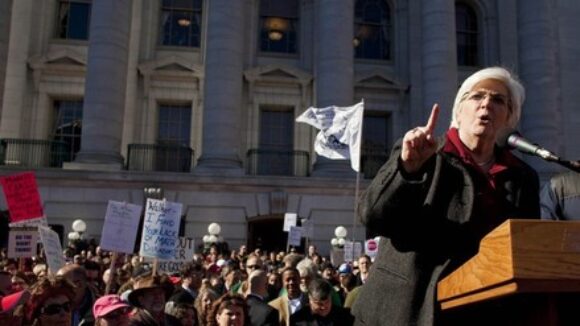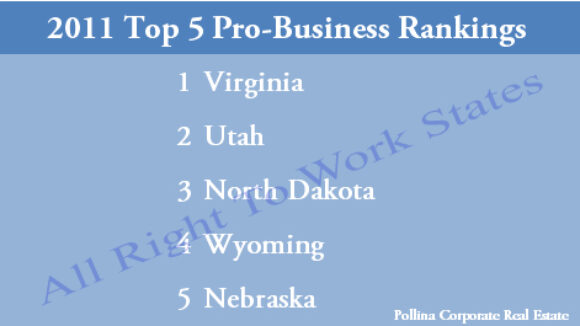Pensions are America's Ticking Time Bomb
You know the union bosses' spending and benefits orgy is coming to an end when liberals like Fareed Zakaria of Time Magazine recognize the dangers unfunded pensions that union activists and pro-big labor politicians have created: "A day after Governor Scott Walker won his recall election, the New York Times wrote, "The biggest political lesson from Wisconsin may be that the overwhelming dominance of money on the Republican side will continue to haunt Democrats." Democrats have drawn much the same conclusion. "You've got a handful of self-interested billionaires who are trying to leverage their money across the country," said David Axelrod, Barack Obama's senior campaign strategist. "Does that concern me? Of course that concerns me." Warren Buffett calls the costs of public-sector retirees a "time bomb." They are the single biggest threat to the U.S.'s fiscal health. If the U.S. is going to face a Greek-style crisis, it will not be at the federal level but rather with state and local governments. The numbers are staggering. In California, total pension liabilities--the money the state is legally required to pay its public-sector retirees--are 30 times its annual budget deficit. Annual pension costs rose by 2,000% from 1999 to 2009. In Illinois, they are already 15% of general revenue and growing. Ohio's pension liabilities are now 35% of the state's entire GDP.


